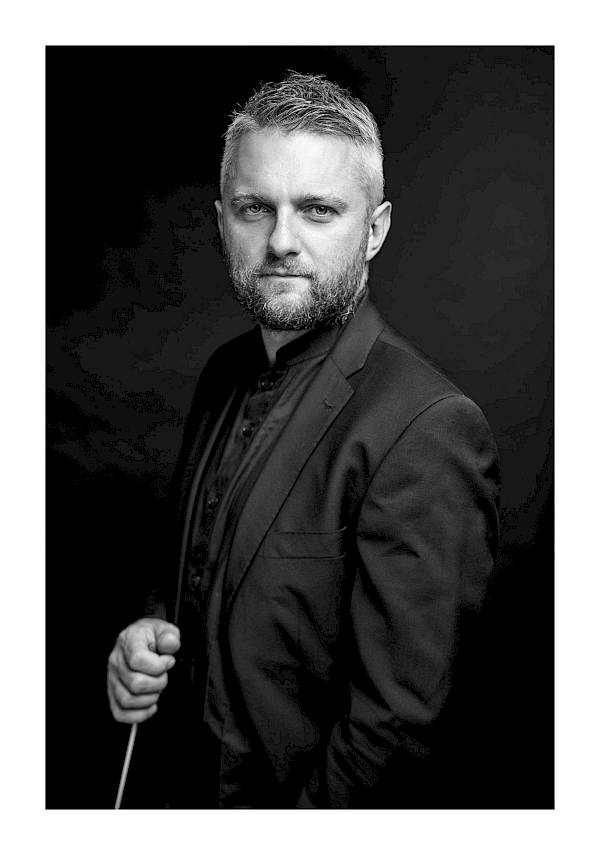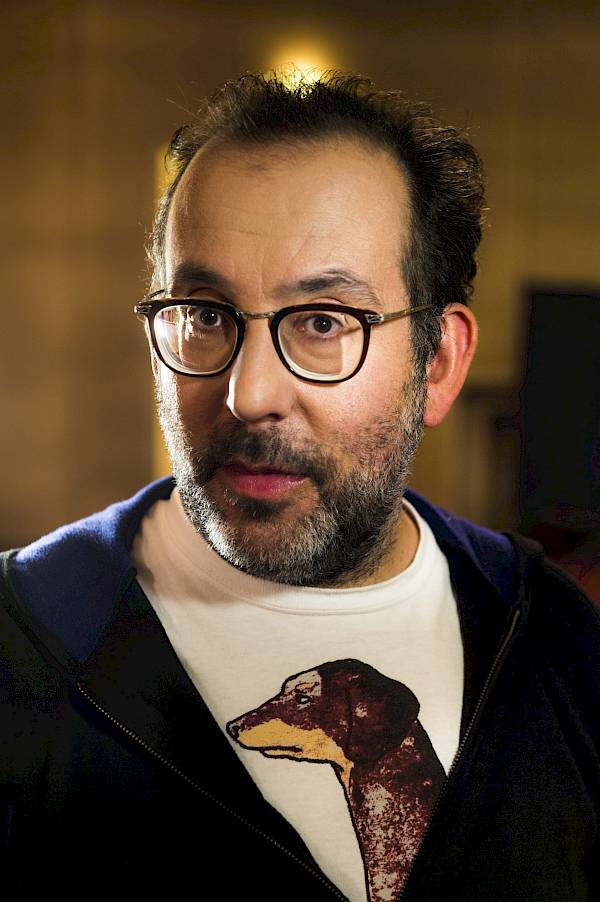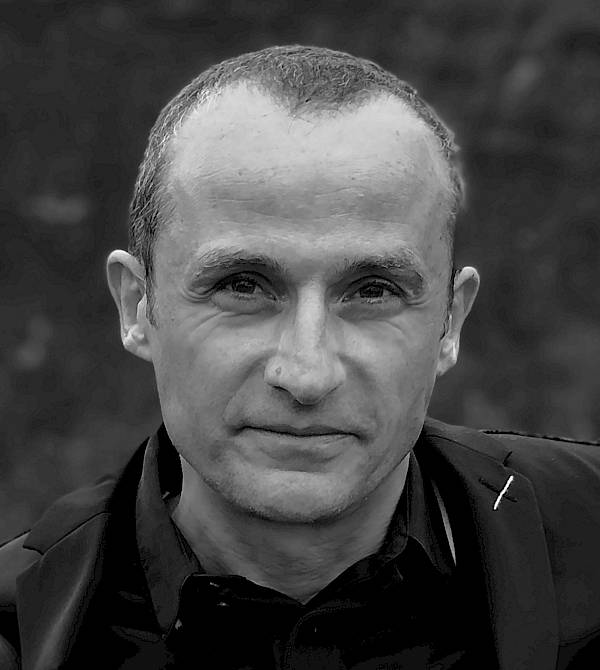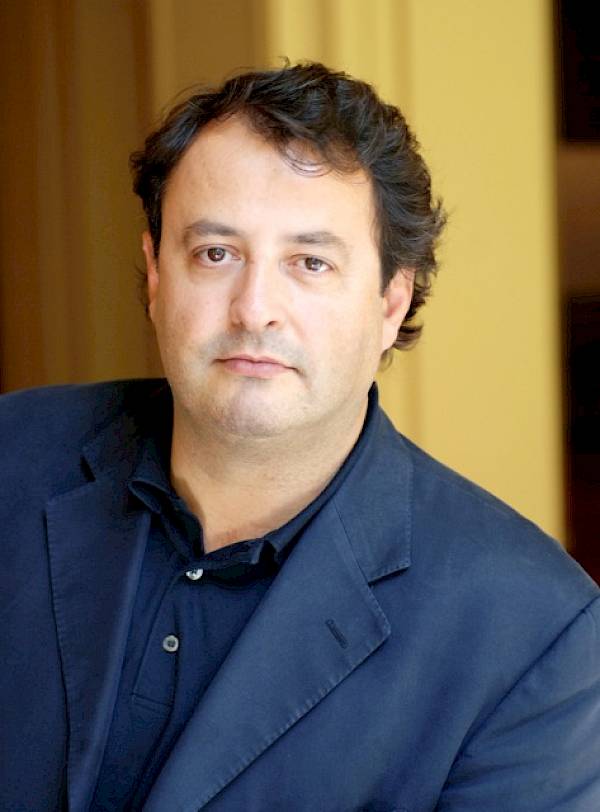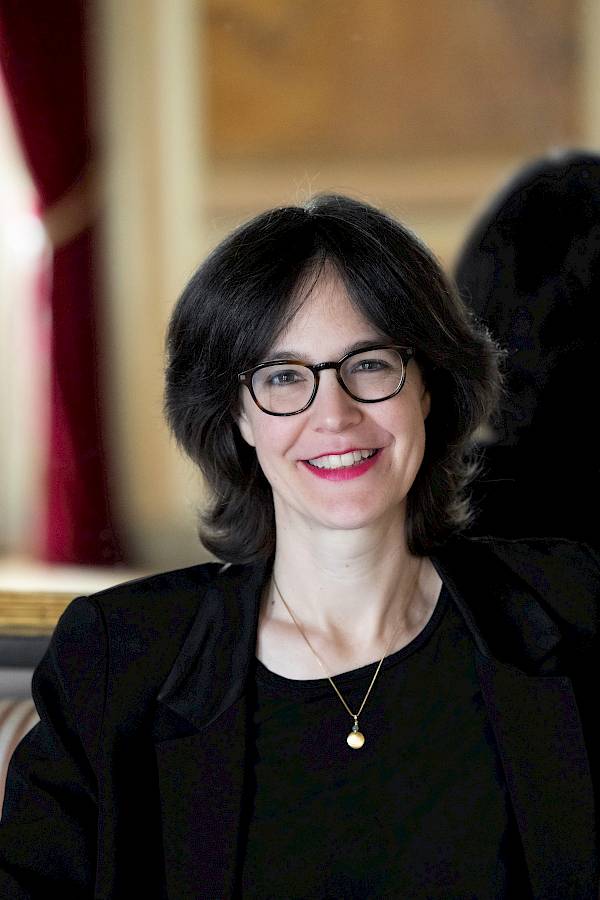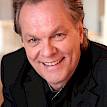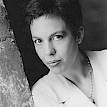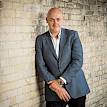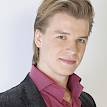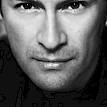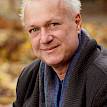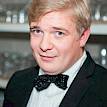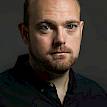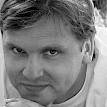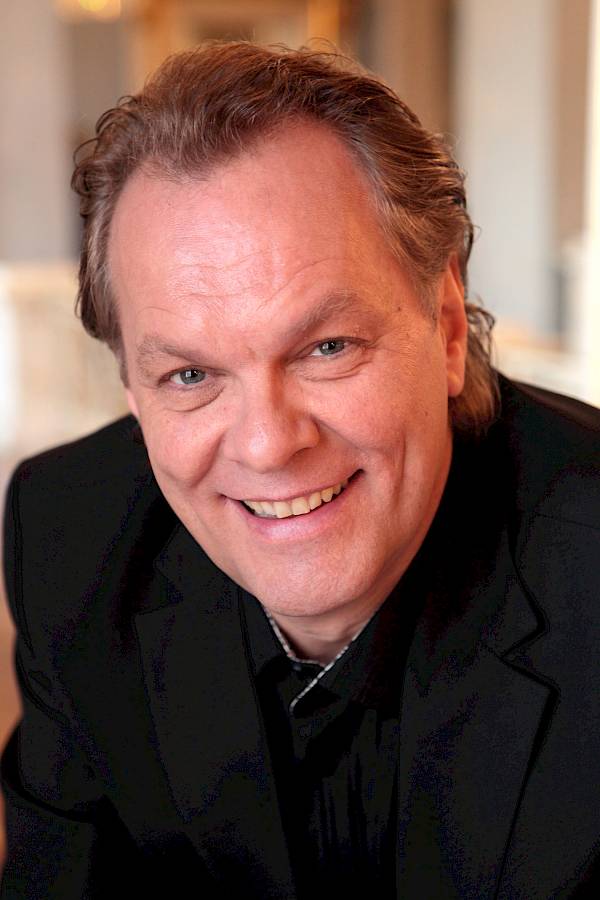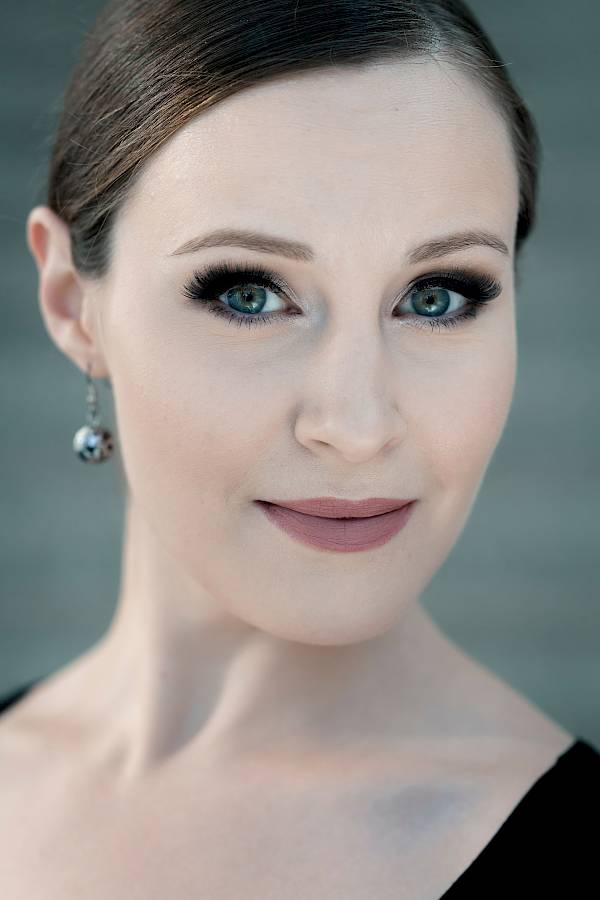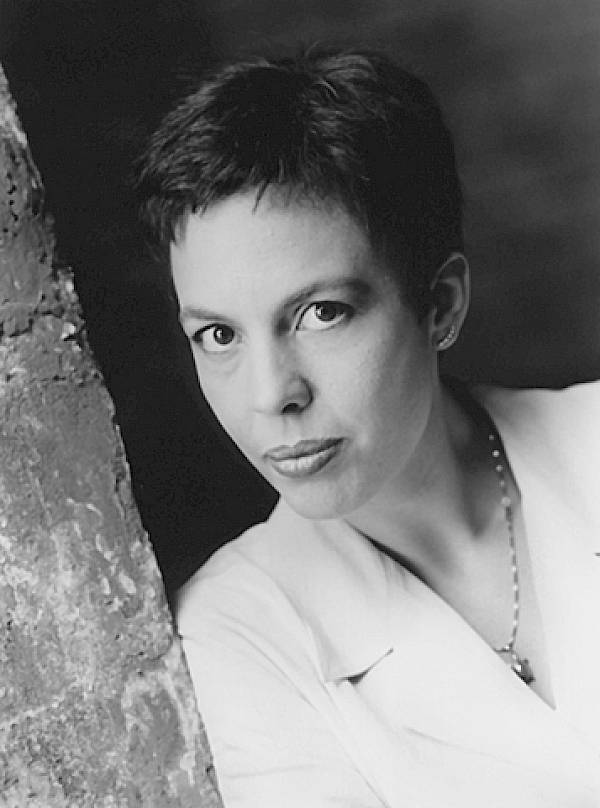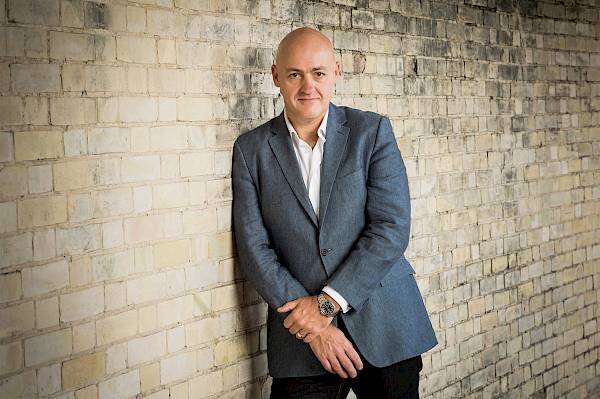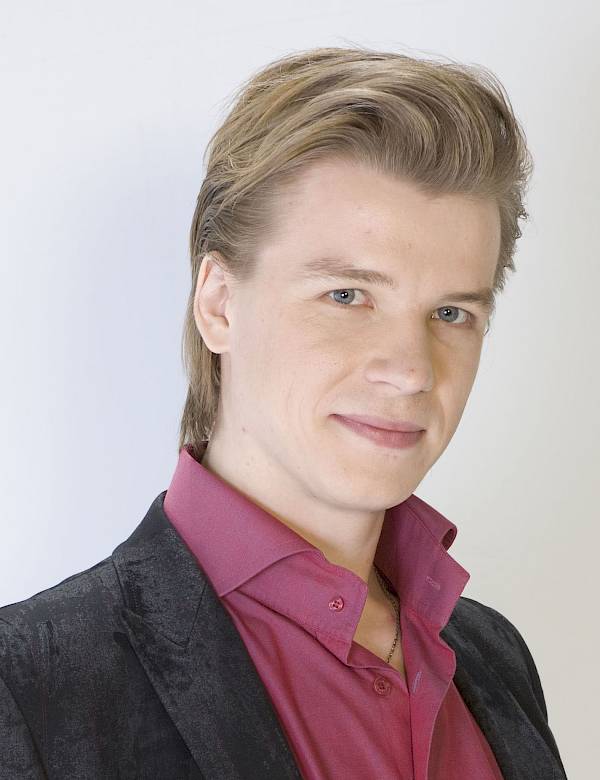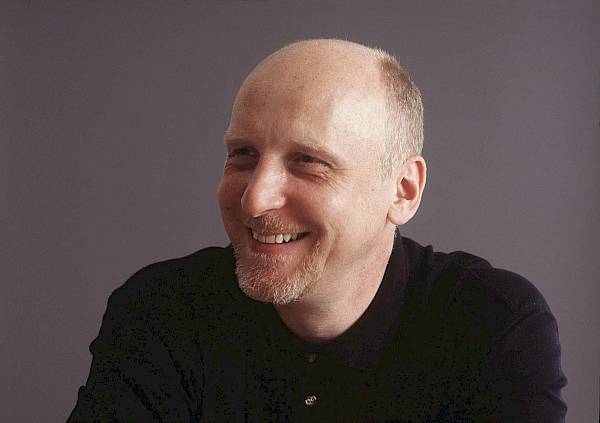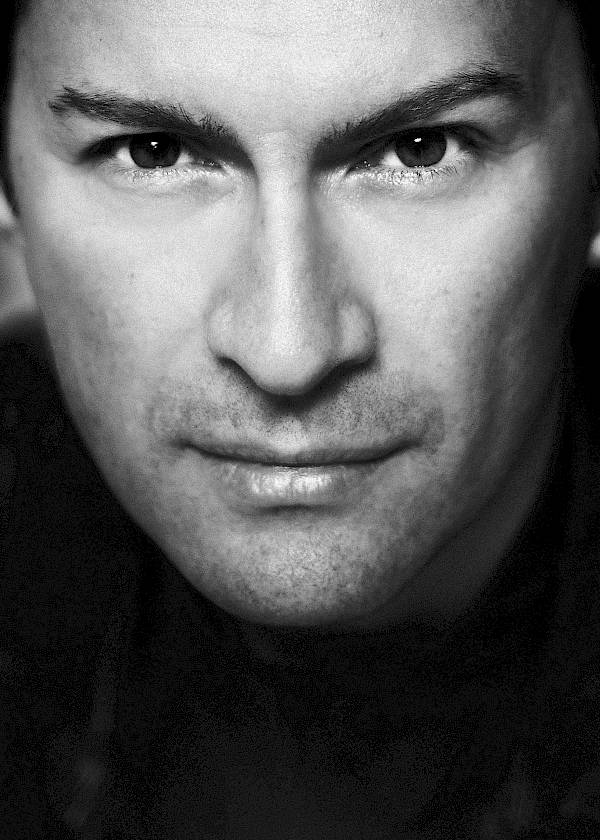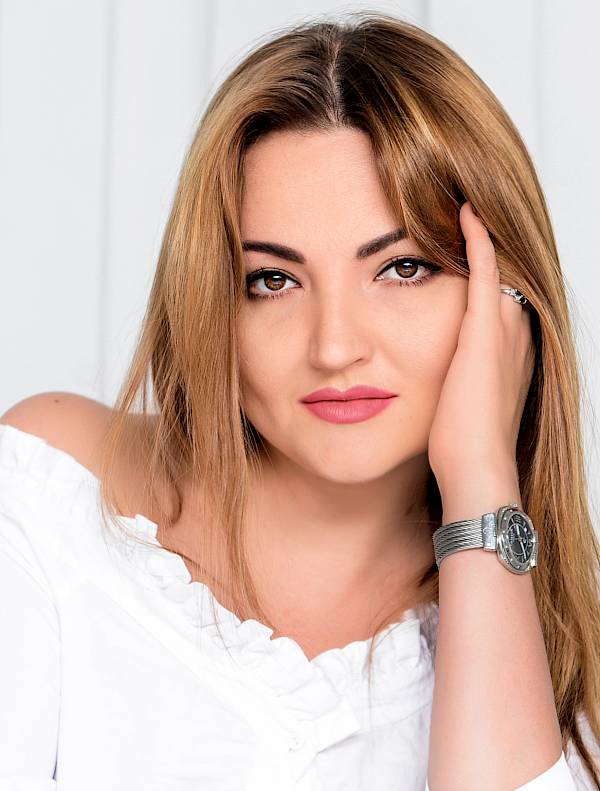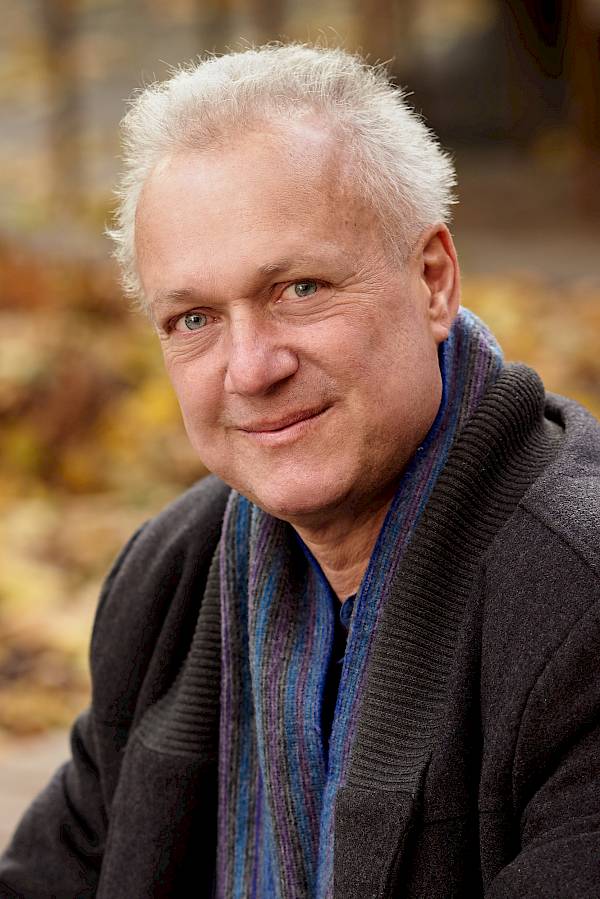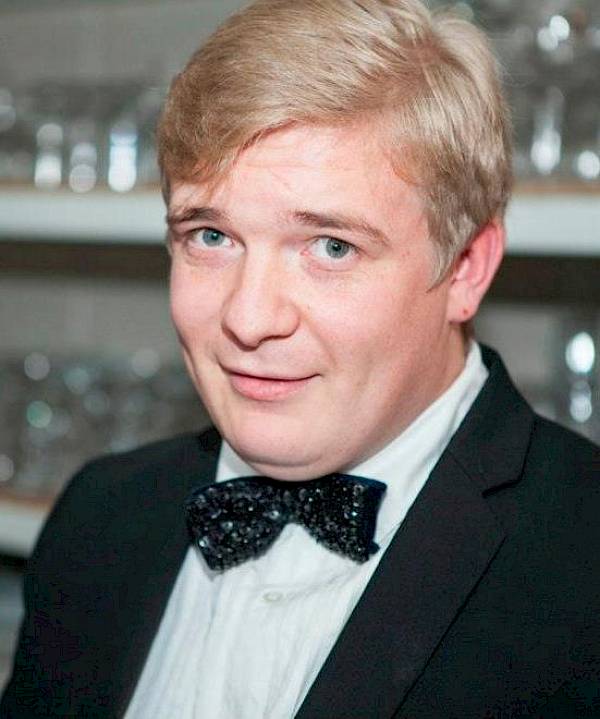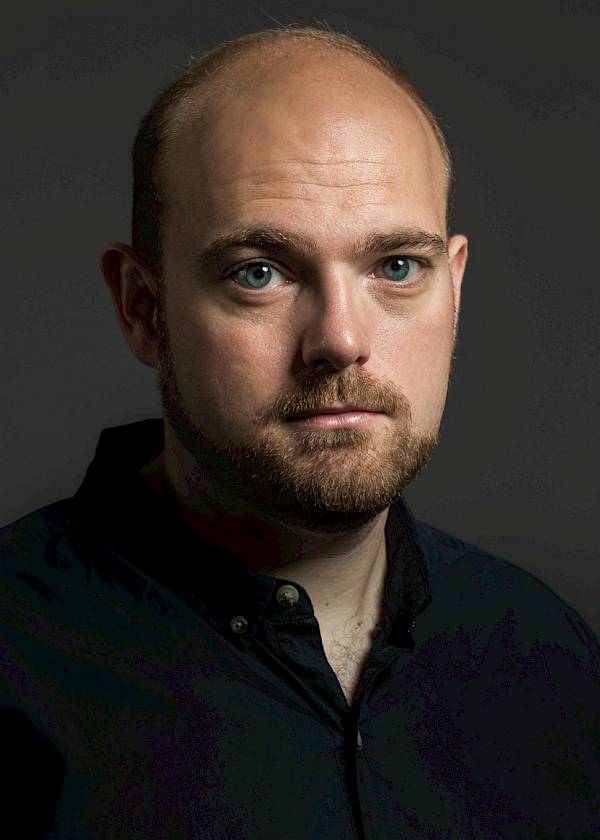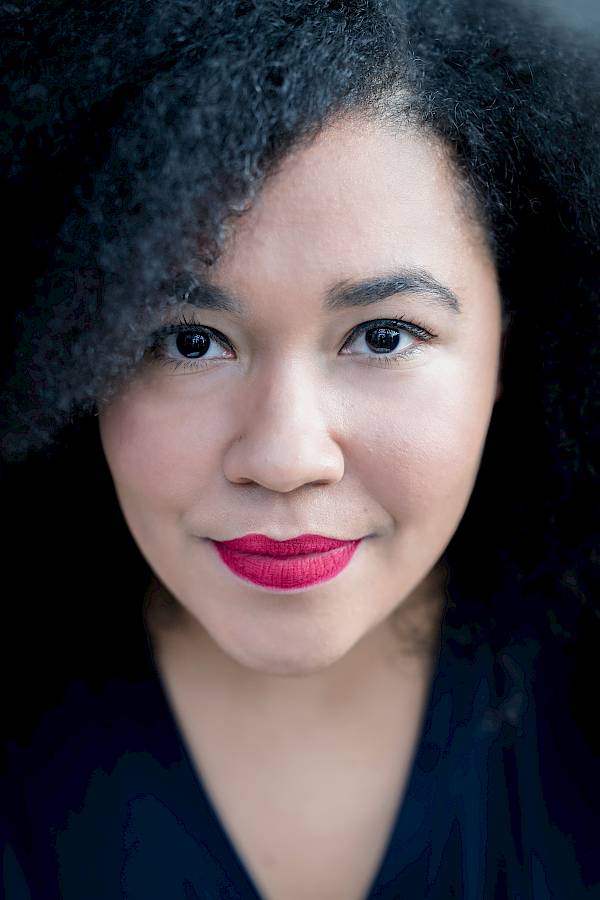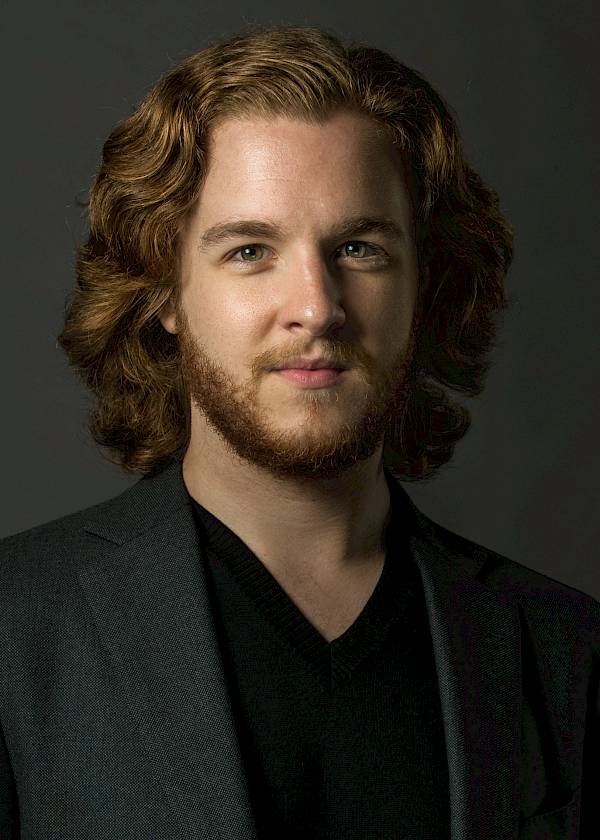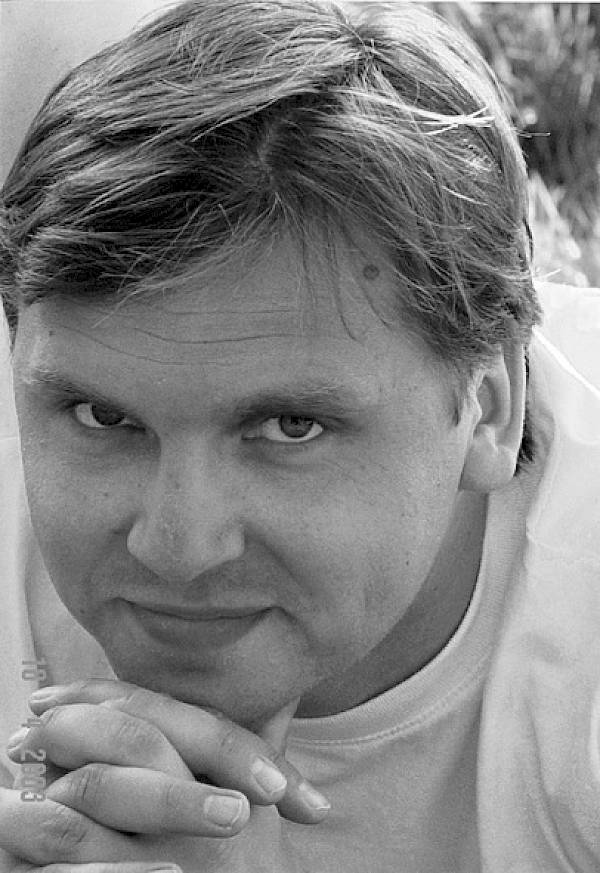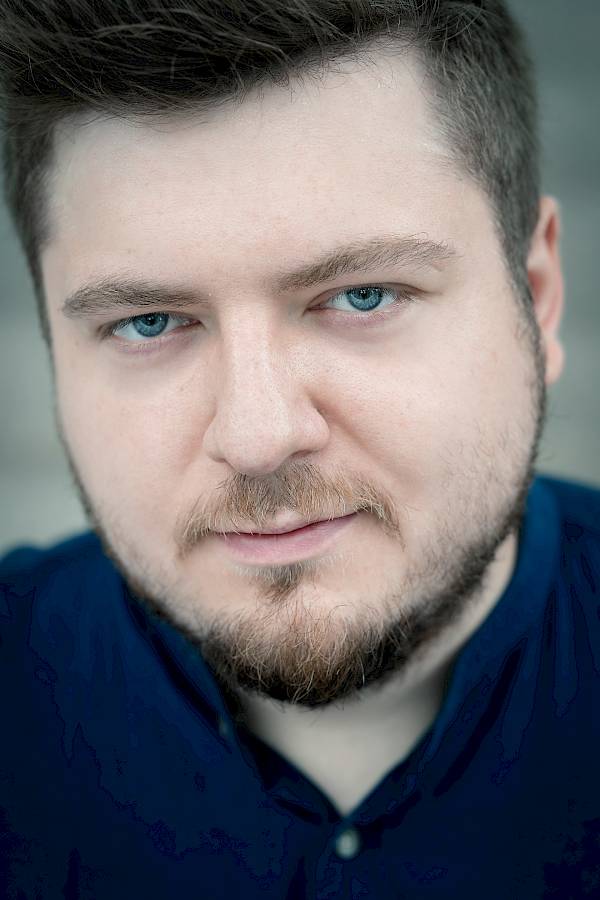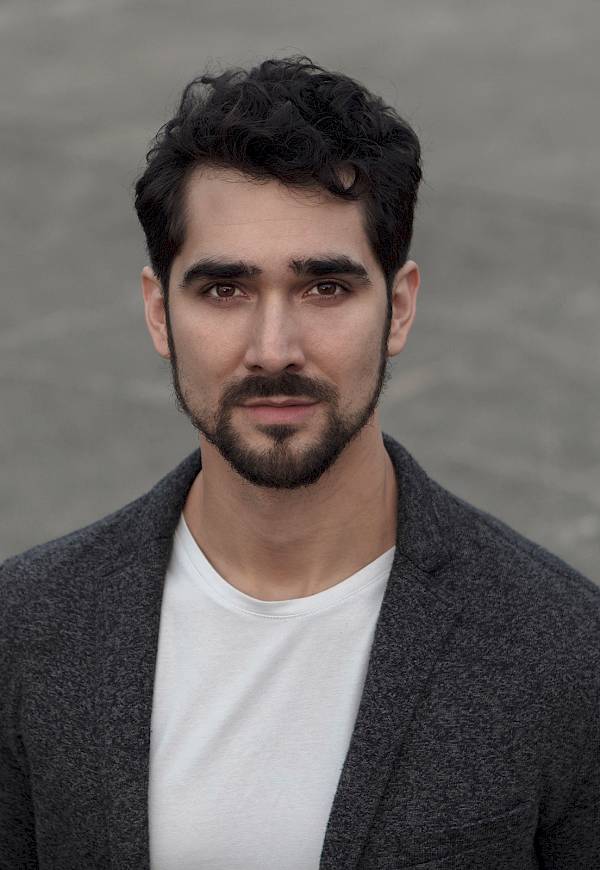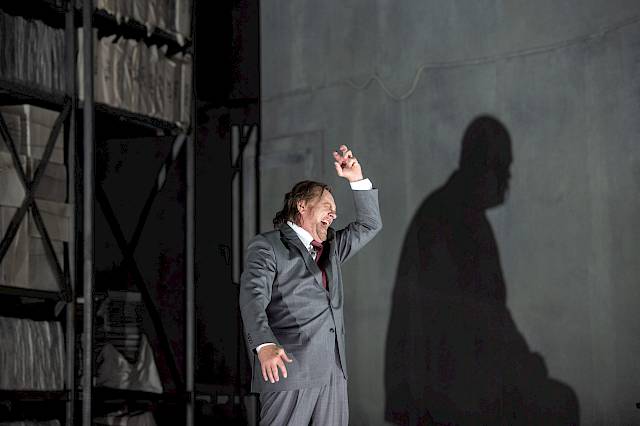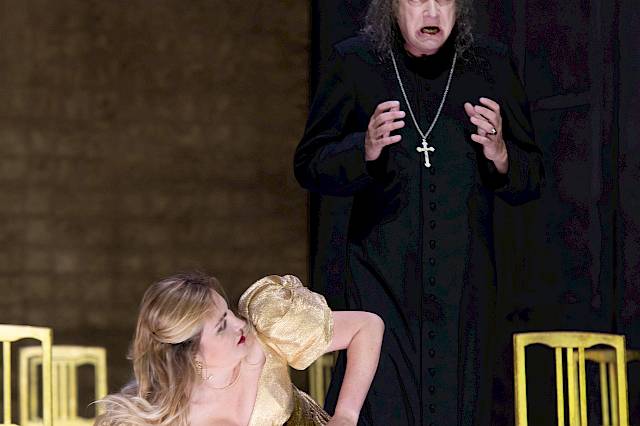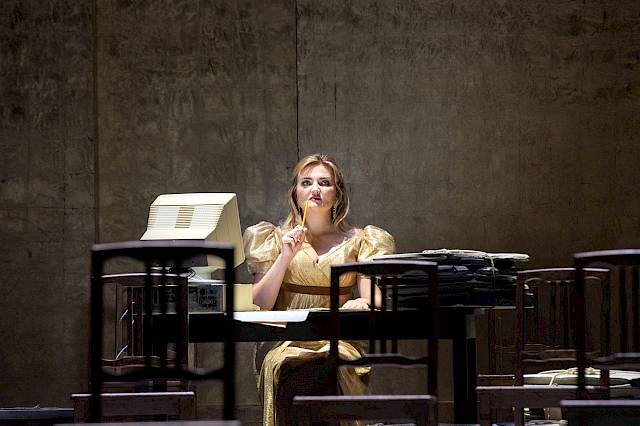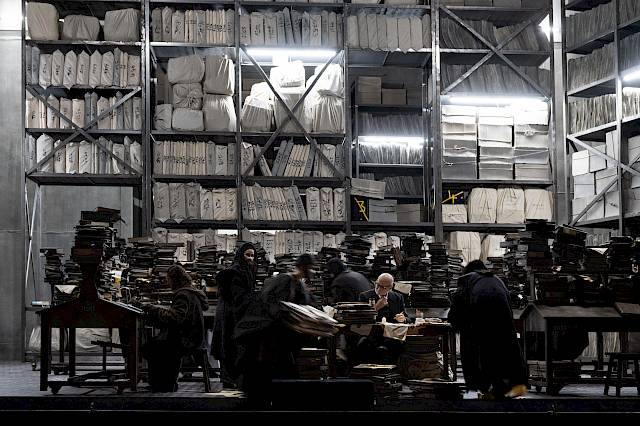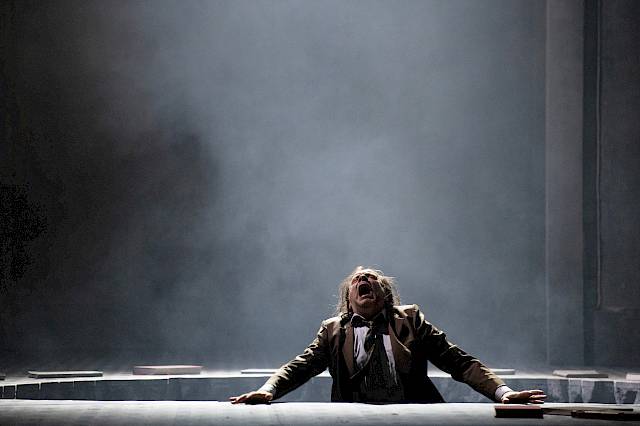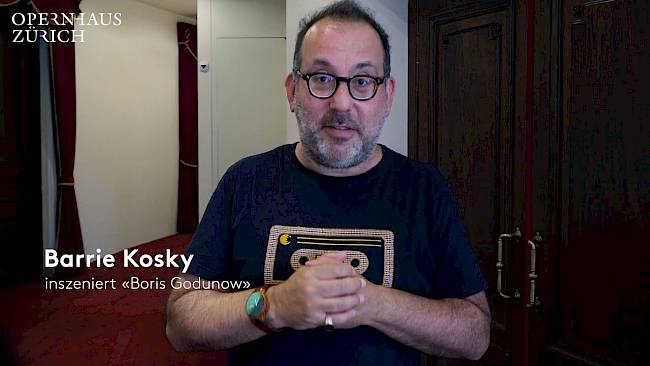Abstract
Modest Mussorgsky’s opera Boris Godunow transports us to an apocalyptic time and place marked by hysteria, escapism, and paranoia. The political stage is set: We find ourselves in the midst of the so-called Smuta, the Time of Troubles. Ivan the Terrible has died, and his son and heir Dmitri recently succumbed to a throat injury. Was the latter’s death murder, ordered by one Boris Godunow, who seven years later would ascend to the throne to become the third Russian Czar? In a time where the balance of power was anything but stable, it was no great feat for ominous upstart Grigori Otrepjew (the «False Dmitri») to pretend to be Ivan’s son, miraculously recovered from his injuries. It will come as no surprise that so many plot twists couldn’t help but feed the flames of a playwright’s fantasies. Pushkin’s play of the same name formed the basis for Mussorgsky’s Boris Godunow, and the composer drew copiously from the text, reassembling the verses until he’d created a kaleidoscope-like structure, viewed from an ever-changing perspective. We follow the path of the false Dmitri, bear witness to potentate Boris’ psycho-physical decay, and are drawn into the mob mentality of the crowd. Mussorgsky created a fascinating psychological profile of an isolated leader torn between maintaining power, gaining power, his own scruples, and self-doubt, until he is finally undone by the horrific sight of a dead child. Mussorgsky’s visionary tonal language and his unconventional dramaturgical sensibility were long misunderstood by his contemporaries, who persuaded him multiple times to revise the work. Director Barrie Kosky and Ukranian conductor Kirill Karabits together decided to present Zurich audiences with all the music Mussorgsky wrote. Inspired by a further figure in the opera – the monk Pimen, who maintains a chronology of Russia – Barrie Kosky’s new production also explores the question of how we write history, how we remember it, and how we instrumentalize it. The exquisite cast is led by baritone Michael Volle, who, after his turn as Nabucco, makes another important role debut at the Opernhaus.



